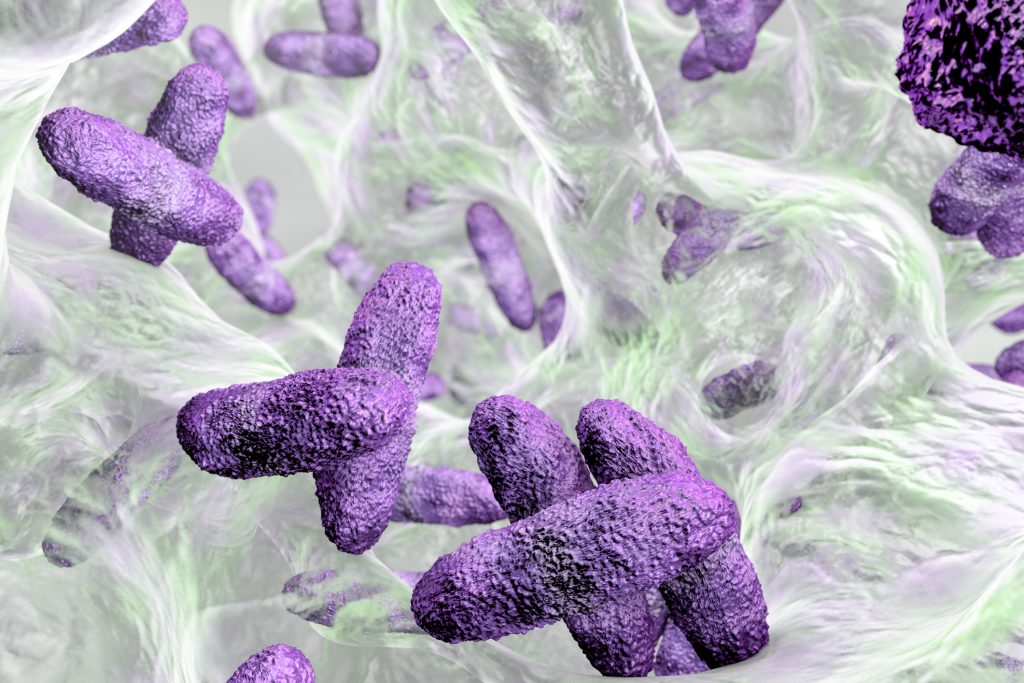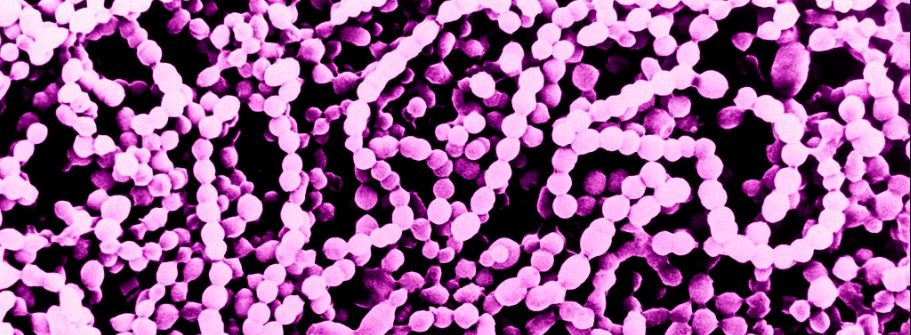An outbreak of invasive Group A Streptococcal (iGAS) infection has been reported in the Essex area. Public Health England (PHE) have announced that of the 32 reported cases, most could be linked to community nursing treatment. All cases are associated with patients that have received wound care treatment, such as dressing changes, and these open wounds are thought to be the entry point for the infection. The Mid Essex Clinical Commissioning Group (CCG) are trying to contain the infection, but an estimated 12 cases have been fatal.
Causes of iGAS Infections
The gram-positive bacteria, Streptococcus pyogenes, is the cause of the outbreak of Streptococcal infections (iGAS infections.) The bacteria can live on hands or the throat and can be spread throughout the population by sneezing and skin-to-skin contact. While S. pyogenes does not cause infection in healthy individuals, if the bacterial strains are able to enter the body, they can cause mild infections such as strep throat and skin infections. However, if the bacteria enter the blood stream through open wounds, the results can be fatal.
Bacteria can survive in the warm, damp environment of an open wound, in a community known as a biofilm. Biofilms are harder to remove and kill than individual planktonic bacteria as they behave differently and are less susceptible to standard antibiotic treatment. Biofilms also often consist of multiple species of bacteria, making them more complex and harder to treat. Therefore, once bacteria have entered a host’s system and reside within a biofilm, antibiotic treatments such as the use of penicillin may not be effective at eradicating the infection quickly and effectively. You can read more about biofilms here.

The Importance of Controlling iGAS Infections
Infection control measures have been implemented by PHE and the NHS in Essex to prevent the infection spreading throughout the population. However, the outbreak of iGAS highlights the importance of comprehensive testing of wound care products to ensure their efficacy and bactericidal properties in chronic wound care management. Moreover, in order to contain and prevent the spread of infections such as iGAS, anti-bacterial products must be proven to be effective in removing and killing the target pathogens.
Perfectus Biomed specialise in the testing of wound care products, such as wound dressings, and are able to test both biofilm and planktonic bacteria. We can offer standard and customised test methods to include single-species or multi-species biofilm. We also offer efficacy testing of cleaning products against a range of bacteria. If you would like to discuss our testing in more detail, please get in touch.
To find out more about the outbreak, please visit the BBC news website.

